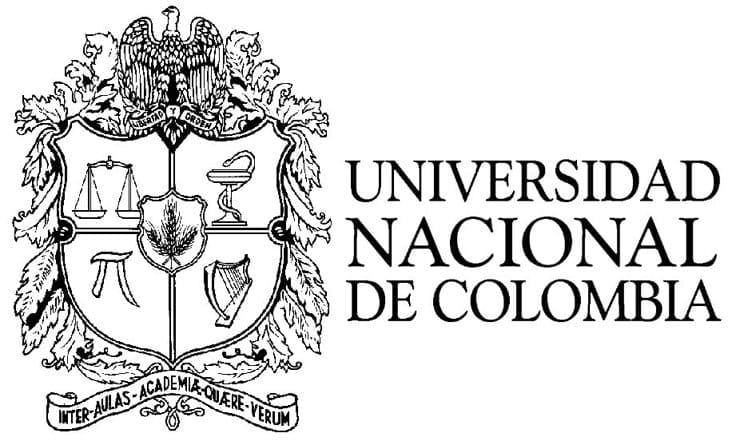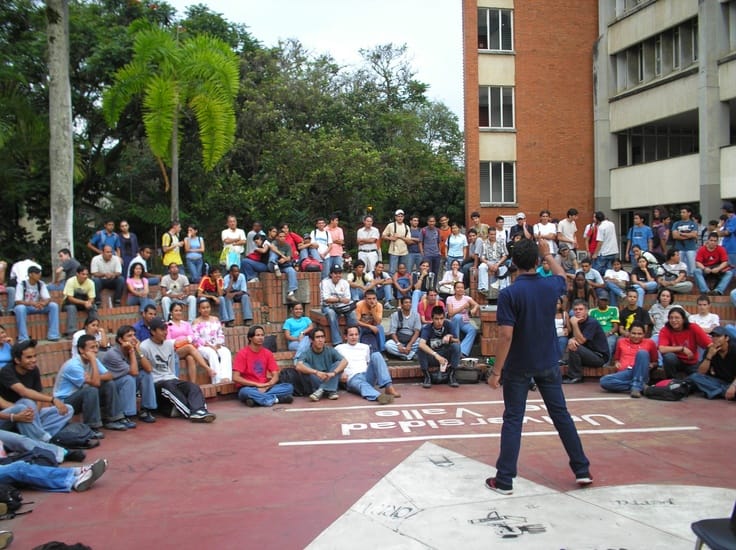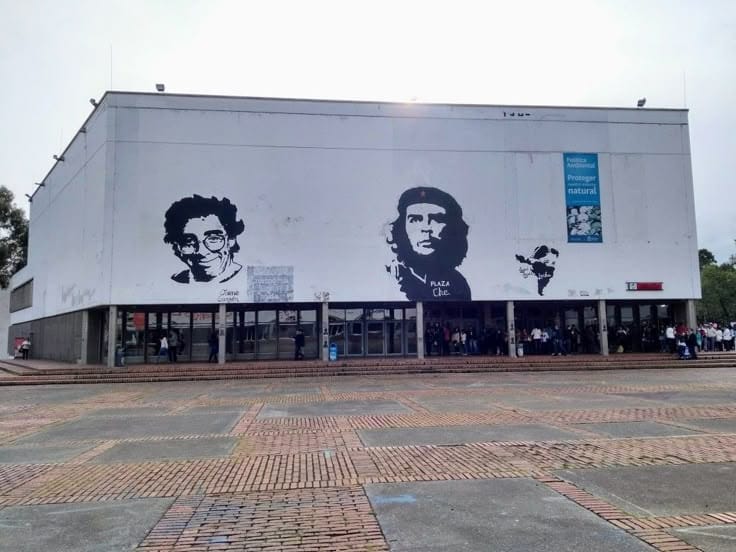Colombia is home to an Afro-descendant population that represents between 10% and 15% of its inhabitants, according to 2018 data from the National Administrative Department of Statistics (DANE). In recent decades, the country has significantly strengthened academic research on the African diaspora and its influence on the construction of national identity. Three higher education institutions stand out as pioneers in this field: the University of Valle (Univalle), the National University of Colombia (UNAL), and the Technological University of Chocó (UTCHThese universities have developed specialized programs, interdisciplinary research projects, and community engagement strategies that not only vindicate historical memory but also promote social inclusion and contribute to the design of public policies in favor of the country’s black communities.
University of Valle: Leadership in Afro-Diaspora Research
The Institute of Afro-Diaspora Studies (IEAF) at the University of Valle, created in 2015, has become a reference center for the study of the African diaspora in Latin America. The institute has driven interdisciplinary research addressing critical issues such as historical migration processes, manifestations of structural racism, and forms of cultural resistance in Afro-Colombian communities.
One of its most significant achievements is the creation of Colombia’s first Master’s Program in Afro-Diaspora Studies, which trains professionals to analyze African history, ethnic rights, and their application in public policy. In addition, IEAF maintains close collaboration with Afro-descendant organizations in the Colombian Pacific, actively working to preserve oral traditions and ancestral musical expressions.
The success of these initiatives has been remarkable, including the publication of the book Afrodescendants: Voices from Colombia and Brazil (2021), produced in collaboration with Brazilian universities. Equally notable is its influence on public policy, as its research has been cited in official documents of the Ministry of Culture and in reports of the Commission for the Clarification of the Truth.
National University of Colombia: Preserving Historical Memory

Since 2005, the Chair of Afro-Colombian Studies at the National University of Colombia has played a vital role in recovering historical memory related to slavery and abolition processes in Colombian territory. This academic initiative goes beyond research to include teacher training programs focused on the implementation of anti-racist pedagogies in the classroom.
Among its most valuable contributions is the creation of the Afro-Colombian Digital Library, a repository providing public access to over 500 specialized documents. The Chair has organized numerous international symposia, facilitating academic exchange with researchers from Africa and Latin America. Its work has had an impact on state policymaking with its active participation in the elaboration of the National Ethnic-Development Plan 2022-2026. The university provided crucial evidence on the educational inequalities affecting Afro-descendant communities.
Technological University of Chocó: Research with a Territorial Focus
The Technological University of Chocó, located in Quibdó, has concentrated its efforts on applied research addressing the specific challenges of the Pacific region. Its studies on the impact of mining on Afro-descendant communities have enabled the elaboration of alternative proposals for sustainable development. The university has also implemented ethnic education programs designed to train community leaders in exercising territorial rights.
In the cultural sphere, UTCH has made invaluable contributions to documenting and preserving traditional practices such as currulao (a traditional dance) and marimba craftsmanship. The university’s dedication gained international recognition when UNESCO highlighted its role in safeguarding Afro-descendant intangible cultural heritage. One of its most notable academic outputs is the Ethnolinguistic Atlas of Chocó (2020), a publication funded by Colciencias that systematizes knowledge on the region’s languages and traditions.
The joint work of these universities has contributed to increasing the visibility of the African diaspora in Colombia. Through rigorous research, community projects, and policy advocacy strategies, they have strengthened Afro-Colombian identity in education, influenced public policies against racial discrimination, and established academic cooperation networks with institutions in Africa and Latin America.

These experiences demonstrate that Afro-diaspora studies in Colombia transcend academia to become powerful tools for social justice and intercultural dialogue. The achievements to date lay the groundwork for future research to expand knowledge on this topic, which is essential to understanding contemporary Colombian society.








